'The Mute's House' - touching doc on 'unique, amazing' Palestinian boy contends for Oscar nomination1/13/2017
Tamar Kay's film is one of 10 shortlisted for best documentary short subject
A striking fact about the 10 short films still in contention for best documentary short at the Oscars has gone unremarked -- at least three of them are student films by young women directors.
4.1 Miles comes from University of California - Berkeley graduate student Daphne Matziaraki. Zofia Kowalewska, a student at Lodz Film School in Poland, directed Close Ties. And The Mute's House served as the graduation film for Tamar Kay, who studied at the Sam Spiegel School of Film and Television in Jerusalem. I tried in this film in a metaphoric way to create a closeup... just to get to know one story, one family, one child.
The compelling character at the center of Kay's film is eight-year-old Yousef Rajabi, a Palestinian boy who lives in a kind of "no man's land" in the West Bank city of Hebron. He and his mother Sahar are the last remaining residents of a battled-scarred building in an area that emptied out in the midst of clashes between Palestinians and Israelis.
Israeli soldiers who control the area refer to the Rajabi home as "the mute's house" in reference to Sahar, although in fact she is not mute but deaf. Mother and child tend to goats and chickens in other rooms of the building, but no outside visitors are allowed. They live in the epicenter of a divided city in a divided part of the world.
SHARE THIS:
In parts of Hebron Israelis are not allowed; in other parts Palestinians are barred. With the charm and insouciance of a child, Yousef manages under his special living circumstances to bridge the gulf between the two communities in some fashion. He is friendly with the armed Israeli soldiers posted near his house, and he clearly formed a strong bond with Kay, an Israeli Jew who learned Arabic at least in part to communicate with the boy.
"I hope that you saw what an amazing child he is. And that was very clear to me from the beginning that this is a very unique human being," Kay said to an audience who screened her film in Los Angeles earlier this month. "I went into that house and I was overwhelmed."
Kay told moderator Alesia Weston, an international film consultant and former Sundance Institute executive, that an interest in Hebron sparked the film project.
'I'm half-American but my Israeli side is many years in Israel. They came in the late 18th century and they settled in Hebron. There are so many narratives I've heard about Hebron and I just wanted to get to know the city on my own," she said. Yousef, whom she met after hearing about him from a friend, became her conduit to witness a side of Palestinian life that goes unseen by many Israelis. "I'm a believer in human beings and I feel change does come from inside, from people understanding that the other side may not be so different," she told Nonfictionfilm.com. "I tried in this film in a metaphoric way to create a closeup -- with all the chaotic narratives and stories [about Hebron] -- and just to get to know one story, one family, one child."
Kay is seen and heard in parts of the film, a decision the filmmaker said she made consciously -- out of a desire for transparency, lest it appear she was imposing a narrative on the Rajabis.
"I made a decision that the film would be aware of itself, aware of the fact that it’s a film. Hence, my voice will be present, the characters will ask me direct questions, even regarding the film itself," Kay wrote in a director's statement. "My decision to break away from the traditional 'fly on the wall' filmmaking, along with reality (Yousef was fascinated by the camera from the beginning), led me to give Yousef his own camera, making him an active participant in the telling of his story." Yousef filmed in his neighborhood, an area off limits to Israelis. But it was cinematographer Zvi Landsman who captured a key moment with Yousef when the boy, perhaps teasingly, tells Kay, "I'm half Jewish and half Muslim." At the Q&A Kay spoke of how she interpreted Yousef's meaning. "He didn't think he's half-Jewish but it was a way of him reflecting this, like, confusion. He's raised in this surreal reality that in a very weird way these soldiers that are from the other side many times are like his good friends, really. Many times when we read the news and it's oh, 'This and that and black and white -- what soldiers are,' it's important to understand that the reality is different. It's more complex."
Kay describes herself as "not a very political person," but said she understands any documentary touching on Palestinians and Israelis arrives freighted with political meaning.
"Obviously [the film] does come from more of a liberal approach," she told NFF. "I'm aware that it's a political film in the sense that me as an Israeli making a film about a Palestinian already puts me somewhere. I don't feel so comfortable in the classical political field just because that's not the nature of the person I am. So I chose to use my curiosity for the other in a cinematic way." Kay said The Mute's House will air on Israeli television toward the end of the month, around the time the Oscar nominations are revealed [the announcement is set for January 24; voting on nominations closed today]. The director said news of making the Oscar shortlist came to her in Berlin, where she was working on another short film. "In a way I'm still a little bit overwhelmed because I really did not expect this at all," she said. "It's very, very exciting and overwhelming." |
AuthorMatthew Carey is a documentary filmmaker and journalist. His work has appeared on Deadline.com, CNN, CNN.com, TheWrap.com, NBCNews.com and in Documentary magazine. |
- Home
- News
- Videos
-
Galleries
- 2019 Tribeca Film Festival
- Full Frame Documentary Film Festival
- 2019 SXSW Film Festival
- SXSW 2018 Gallery
- 2019 Sundance Film Festival
- Outfest 2018 Photo Gallery
- Outfest 2017
- Sundance 2018 Photos
- 2017 LA Film Festival
- 2017 Cannes Film Festival
- Tribeca Film Festival 2017
- SXSW 2017 Gallery
- 2017 Berlin Film Festival
- Sundance 2017 Gallery
- 2016 Los Angeles Film Festival
- Cannes Film Festival 2016
- SXSW 2016 Gallery
- Berlinale 2016 Gallery
- Sundance 2016 Gallery
- Filmmaker Gallery
- About
- Contact
Proudly powered by Weebly
- Home
- News
- Videos
-
Galleries
- 2019 Tribeca Film Festival
- Full Frame Documentary Film Festival
- 2019 SXSW Film Festival
- SXSW 2018 Gallery
- 2019 Sundance Film Festival
- Outfest 2018 Photo Gallery
- Outfest 2017
- Sundance 2018 Photos
- 2017 LA Film Festival
- 2017 Cannes Film Festival
- Tribeca Film Festival 2017
- SXSW 2017 Gallery
- 2017 Berlin Film Festival
- Sundance 2017 Gallery
- 2016 Los Angeles Film Festival
- Cannes Film Festival 2016
- SXSW 2016 Gallery
- Berlinale 2016 Gallery
- Sundance 2016 Gallery
- Filmmaker Gallery
- About
- Contact

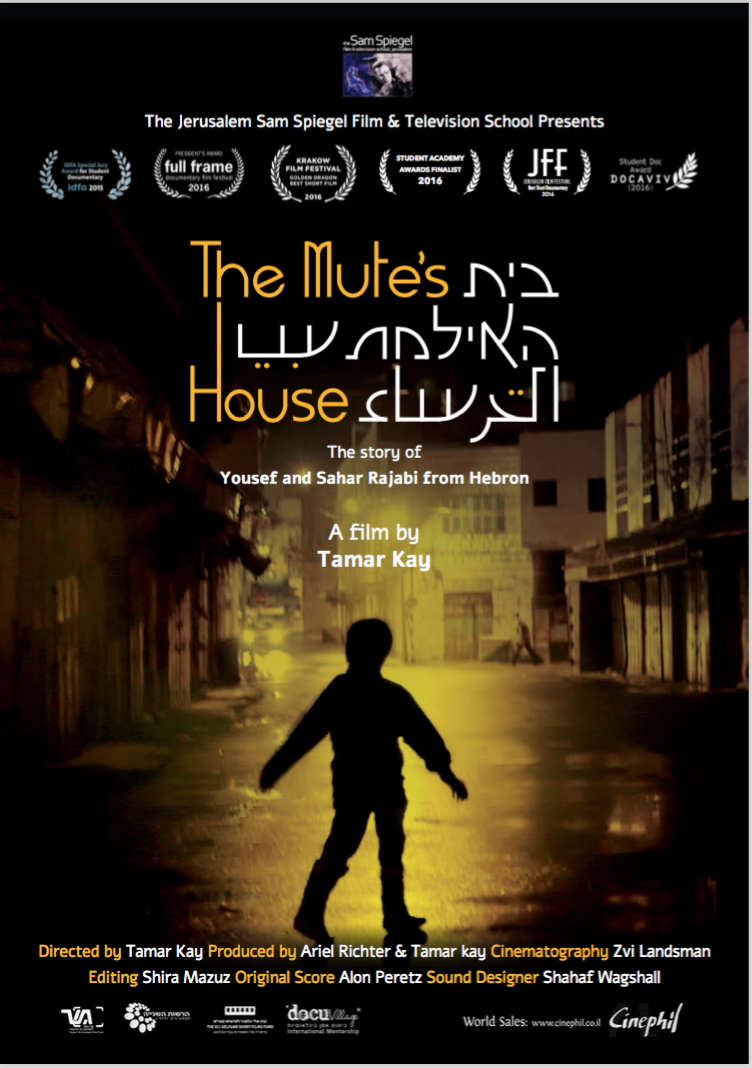
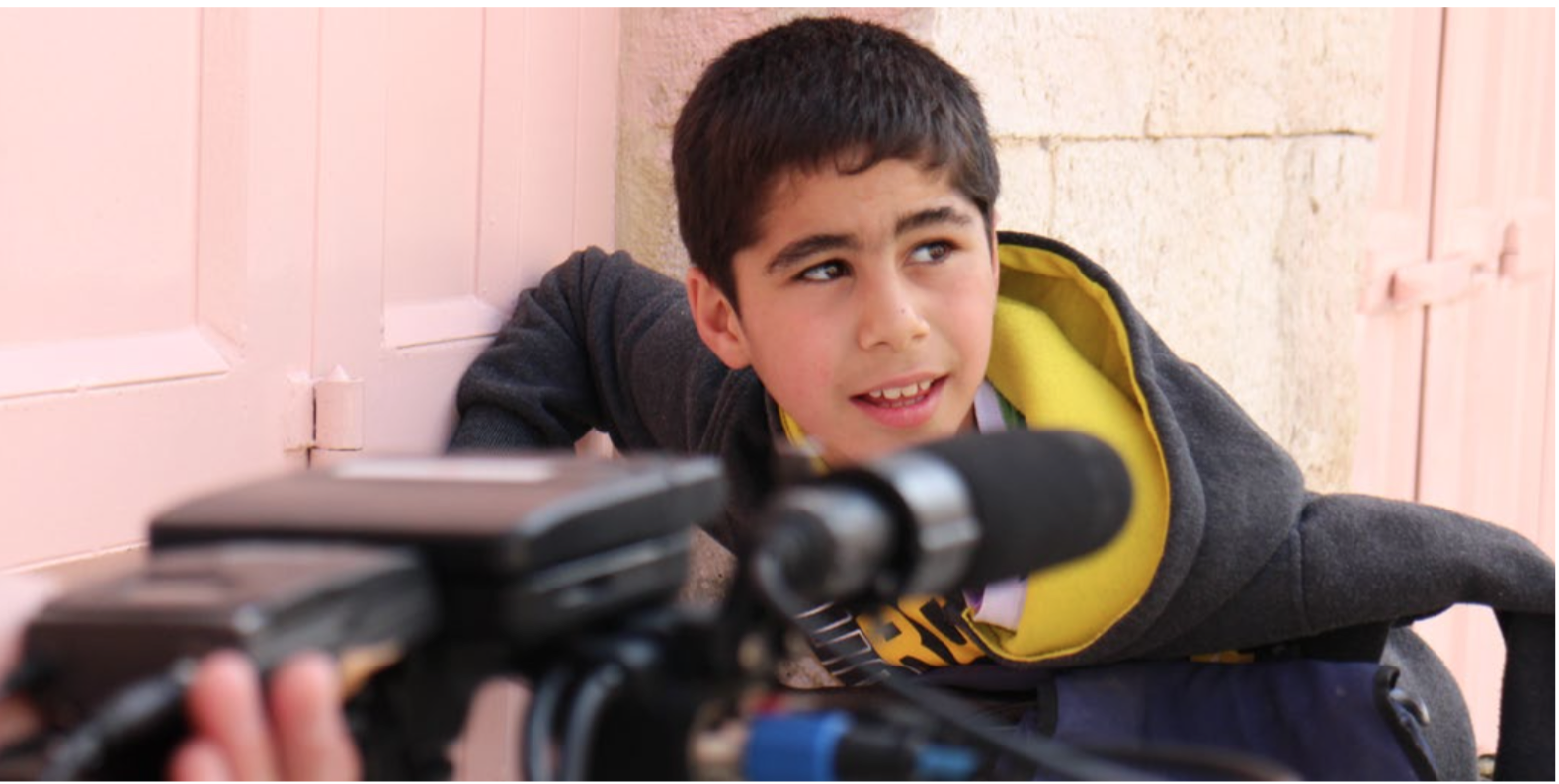
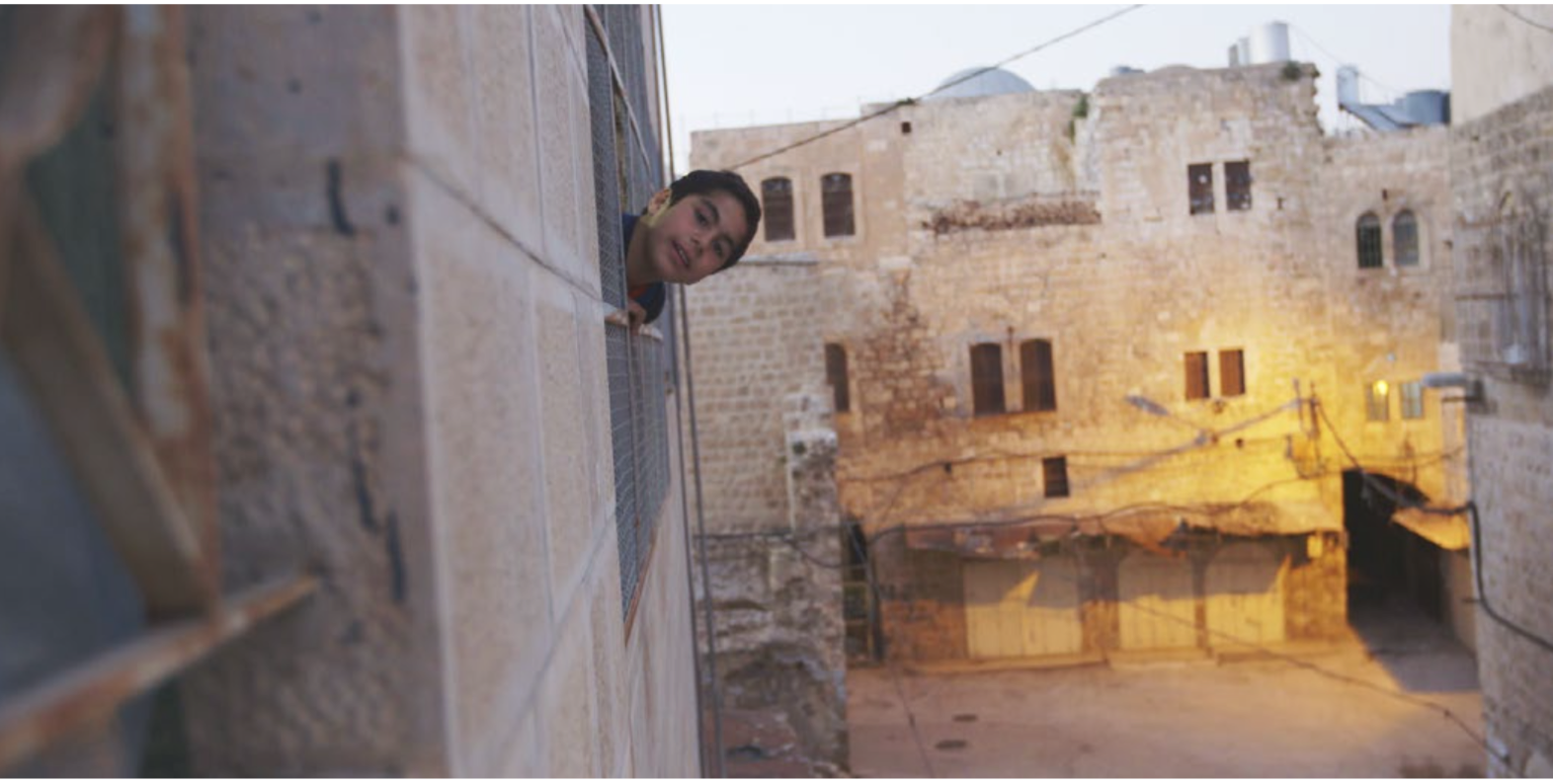
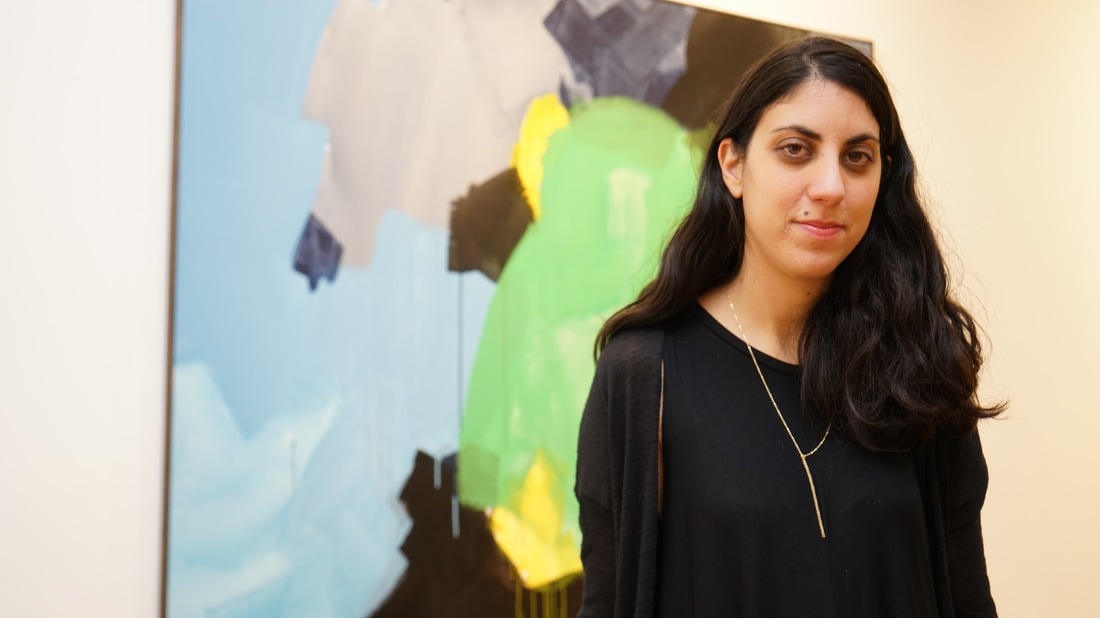
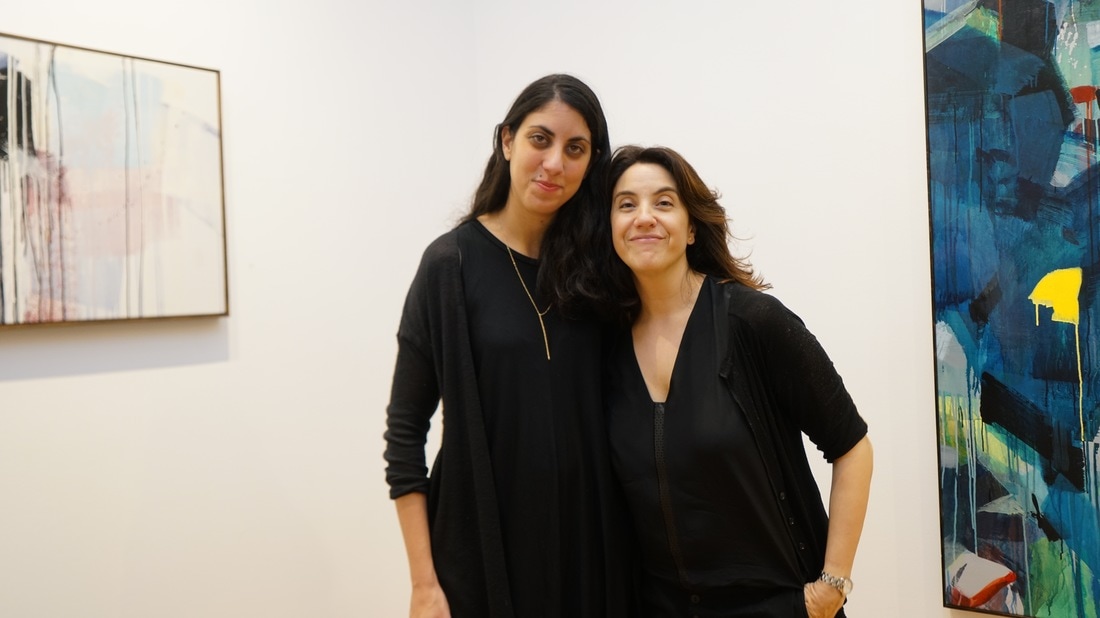
 RSS Feed
RSS Feed